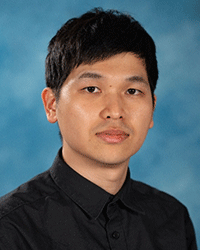 Photo from ISPE Annual 2024, Berlin
Photo from ISPE Annual 2024, Berlin
About SISPE
The Student Council
Eligibility & Benefits
The 5-year Agenda
Student Chapters
Stay Tuned
SISPE Calendar & News
The Student Council Gallery
Resources
2025 Student Research Proposal Competition
Getting Started with SISPE
SISPE Webinars
Mentor Match Program
Other Resources
The Students of the International Society for Pharmacoepidemiology (SISPE) is a global network for students interested in or studying pharmacoepidemiology. This network is led by the ISPE Student Council and includes both student chapters and individual members. SISPE advocates for and represents student members within the society.
The ISPE Student Council has set the following goals and objectives:
To achieve these objectives, the ISPE Student Council organizes student skill-building workshops at annual meetings, hosts student-focused events at ISPE-sponsored conferences, conducts webinars throughout the year, provides resources to foster engagement among ISPE student members and chapters, and undertakes various other activities such as mentorship programs, networking events, and collaborative projects aligned with these goals.
Follow us on LinkedIn for updates and opportunities: https://www.linkedin.com/company/97198315
Leaders of the ISPE Student Council
 Chair
Chair
Jyotirmoy Sarker, MPharm, MBiotech, MBA
University of Illinois, US
 Co-Chair
Co-Chair
Haedi Thelen, PharmD
University of Pennsylvania
 Educational & Academic Lead
Educational & Academic Lead
Hung-Kai Chen, MS
University of Florida
 Networking & Comm. Lead
Networking & Comm. Lead
Priyanka Kulkarni, MPH
University of Florida
 Career Development Lead
Career Development Lead
Heeyoon (Melissa) Jung, MS
University of Massachusetts Chan Medical School
 Immediate Past Chair
Immediate Past Chair
Liz Mansi, DVM, MPH
University of Edinburgh